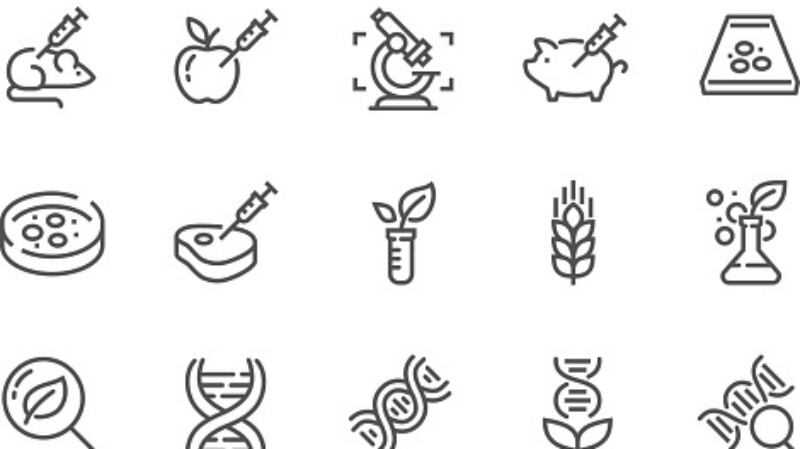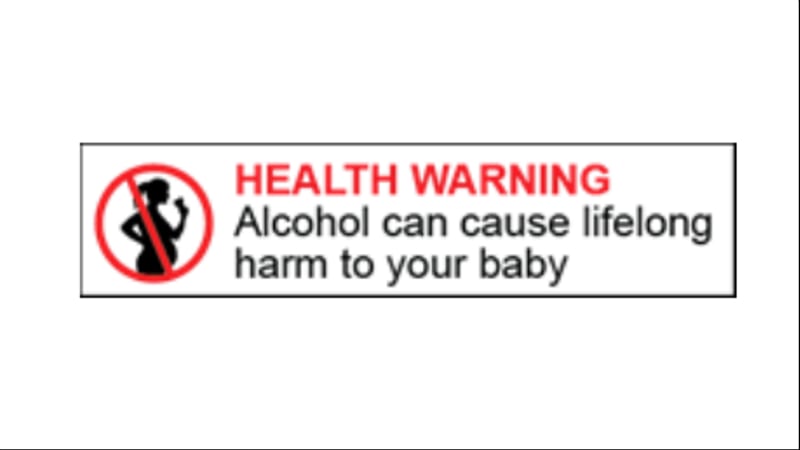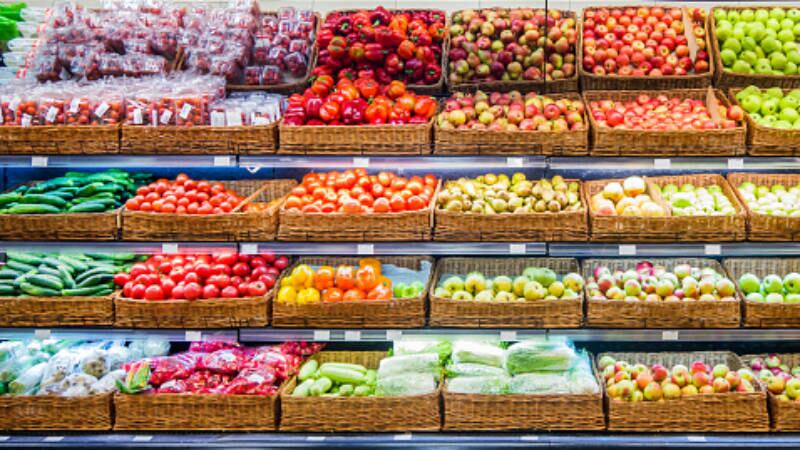In the agency’s latest food recall statistics report for all cases between 1 Jan 2010 to 31 Dec 2019, FSANZ revealed that 30 types of food products were recalled due to microbe contamination as compared to 20 types in 2018, representing a 50% overall increase in such cases.
Australia’s top three microorganisms that caused food recalls in the past decade were revealed to be Listeria monocytogenes (66 cases), Salmonella (46) and E. coli (37), with Listeria having a clear lead.
“[That said], there was an increase in Salmonella related recalls in 2019 due to multiple recalls for Salmonella Enteritidis,” said FSANZ.
Salmonella is the main culprit for foods such as eggs and fruits, vegetables and herbs being recalled, including lettuce, sprouts, rockmelon, fresh parsley, dried herbs and more, whereas Listeria affects meat, dairy and mixed and/or processed foods more.
E. coli contamination commonly leads to recalls of products such as dairy, fresh sprouts, salads and mixed and/or processed foods.
The government is known to place a lot of emphasis on Listeria management in the food sectors that it affects, performing extensive tests and monitoring – but given these results, efforts to step up Salmonella management may also need to be implemented.
The top three most-recalled foods across the past decade were mixed and/or processed foods (124 cases) almost doubling second-placed breads and bakery products (66 cases) and third-placed dairy products (65).
“This is likely due to the wide range of foods that are categorised under this heading, including most long-life packaged food and manufactured items that contain multiple ingredients,” said FSANZ.
Decrease allergen recalls and overall cases
A separate 2018 FSANZ report revealed that allergens were the main cause for concern when it came to product recalls as statistics revealed that over half of all food recalls from the past three years were due to on-pack allergen declaration errors.
University of Melbourne research corroborated these numbers, showing that allergen warning labels were often not present.
“Over 50% of anaphylaxis self-reports were related to product labels not containing any warning for the likely trigger allergen (whether it be a general precautionary allergen labelling (PAL), or PAL for the specific trigger food),” lead author Giovanni Zurzolo told FoodNavigator-Asia.
The number of allergen-related food recalls dropped by around 30% this year from 46 cases in 2018 to 32 cases in 2019.
So from the looks of this year’s numbers, FSANZ’s strategies to get allergen-related recalls under control appear to have achieved some level of success, which means the agency may now have to shift more focus to controlling microbe-related contaminations instead.
But given that the number of allergen-related cases were still higher than microbe-related ones (32 vs 30), FSANZ still needs to keep a close eye on the former.
“Total food recall cases dropped from 100 to 87 from 2018 to 2019, a 13% decrease,” stated the report.





